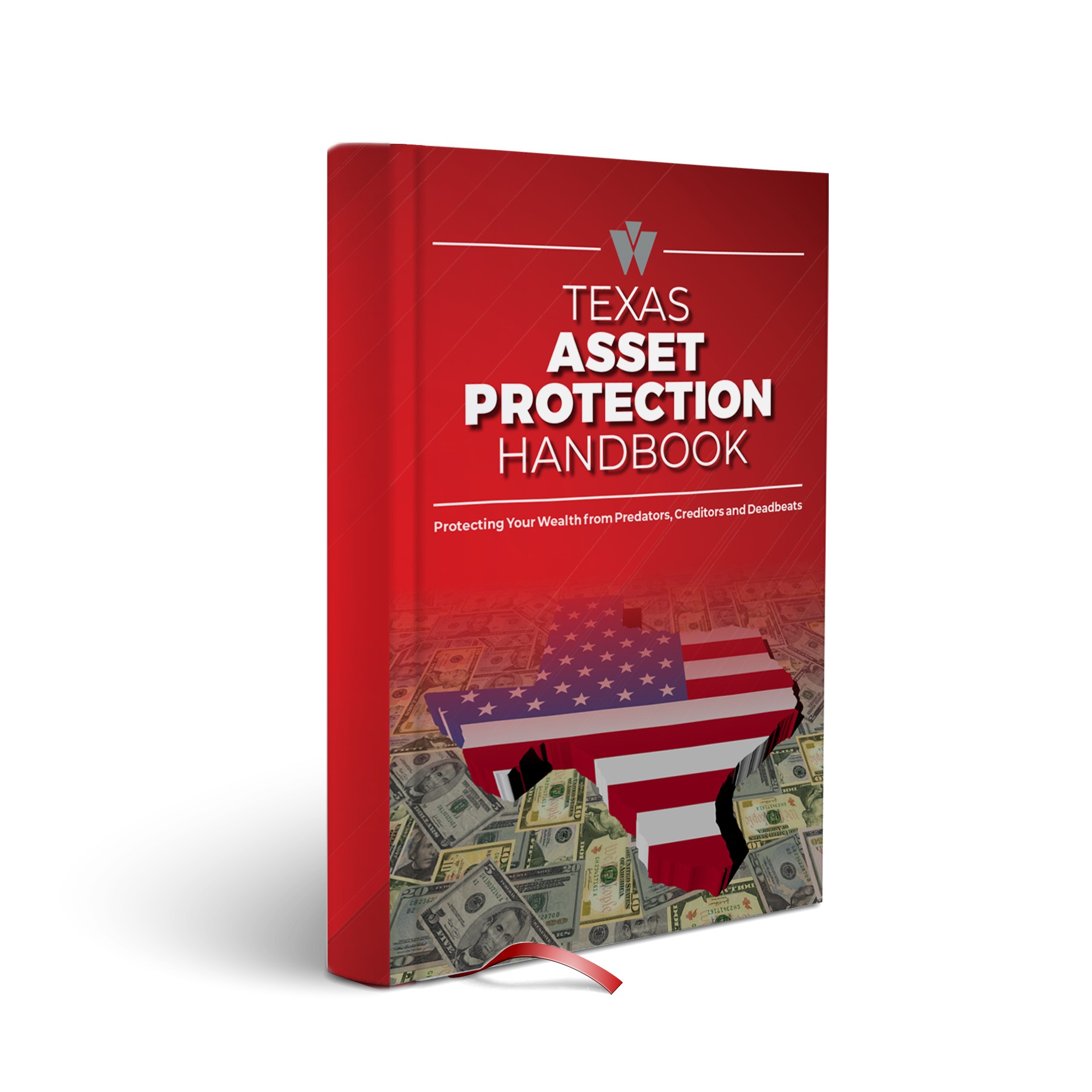Asset Protection for Professionals and Business Owners in Texas
Asset Protection refers to the area of law that concentrates on protecting and preserving your property from seizure by creditors and predators. Texas law itself provides a substantial amount of protection for certain assets. In most cases, these include your homestead, a specific amount of personal property, retirement accounts, 529 college savings accounts, life insurance and annuities. In our Asset Protection Program™, we counsel our asset protection clients on ways to maximize the benefit of these “exempt” items.
Other, “non-exempt” assets, can enjoy a large measure of protection by the use of legal structures such as family limited partnerships, limited liability companies and on-shore as well as off-shore irrevocable trusts (revocable living trusts, which are discussed under the Estate Planning portion of this section, are not asset protection trusts). Keeping your estate from being decimated by a lawsuit is a top priority for many of our clients. The law strongly discourages asset protection planning AFTER you become aware of a potential claim against you. It is imperative to begin your planning now, well in advance of any problem that could arise in the future. While no particular technique is “bullet-proof”, with proper planning, a very large degree of protection and peace of mind can be achieved.
Statistically and anecdotally, we all know that the number of divorces, lawsuits and bankruptcies is staggering. While no one believes lightning will strike them, wealth created through a lifetime of work, saving and investing can be lost overnight if these forms of man-made lightning do strike. To protect your assets from such disaster, proper risk management strategies should be given careful consideration. These strategies include exempting your assets from the claims of creditors, limiting your liability through legal entities, and transferring your risk through insurance.
Exempting Assets in Texas
State and federal laws exempt some of your assets from the claims of creditors. In Texas you are allowed to choose the state or federal exemptions in bankruptcy.
Once you have identified the protected asset classes available to you under applicable law, it may be prudent to maximize your protection by converting non-exempt assets into exempt assets.
Limiting Liability for Professionals & Business Owners
Many entrepreneurs operate their businesses as sole proprietors rather than through a legal entity, such as a Corporation or a Limited Liability Company. Whether their business is home-based or in the Fortune 500, these business owners are attracted by the informality of sole proprietorship. They also do not want to incur legal fees to create and maintain a legal entity. However, in addition to other advantages, conducting business through a legal entity may offer substantial risk management benefits.
While lawsuits brought against a sole proprietorship are really lawsuits against the owner’s personal assets, lawsuits against a properly created and maintained legal entity are really lawsuits against the entity’s assets. Nevertheless, the selection of an appropriate legal entity is critical for managing your risk.
Business Shield
Your entities are only strong if you maintain them. We can help with that. Learn about Business Shield by clicking here.
Transferring Risk with Insurance
When was the last time you reviewed the details of your liability insurance program with your insurance professionals? Are your policies current? Are the coverage limits adequate and are the deductibles reasonable? Have you scrutinized the policies for loopholes? Remember: the fundamental philosophy of any insurance coverage is to pay a premium you can afford to transfer a risk you cannot afford. Take time to understand both the risks you have retained and the risks you have transferred.
Are you ready for a FREE Consultation?
For a FREE CONSULTATION, please call 512-480-8828, or complete the Request a Free Initial Consultation form and we will give you a call to schedule.




